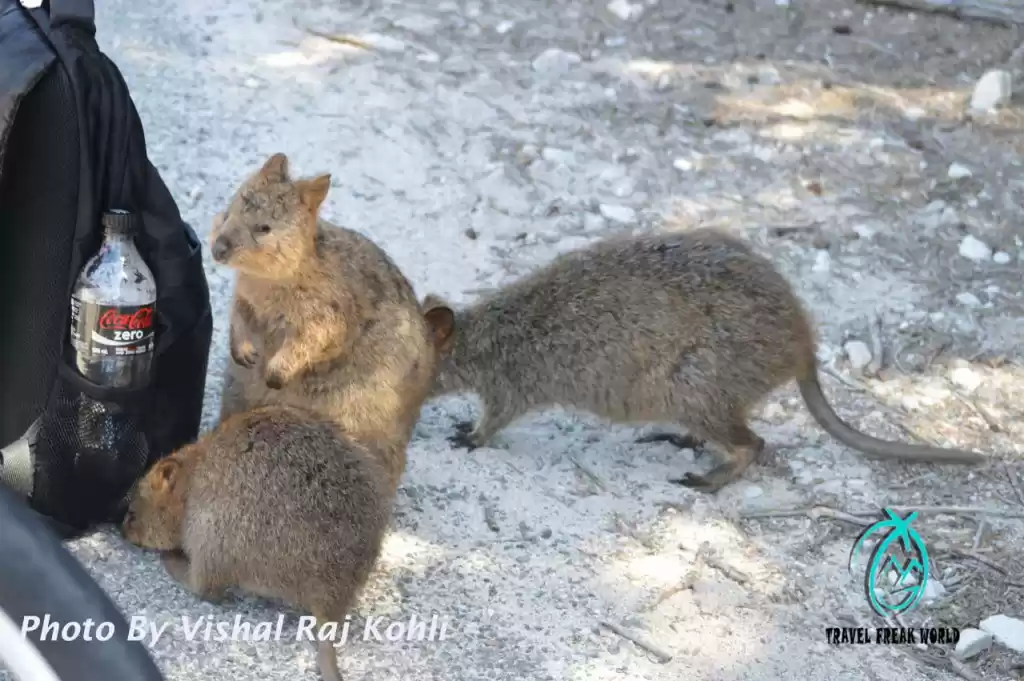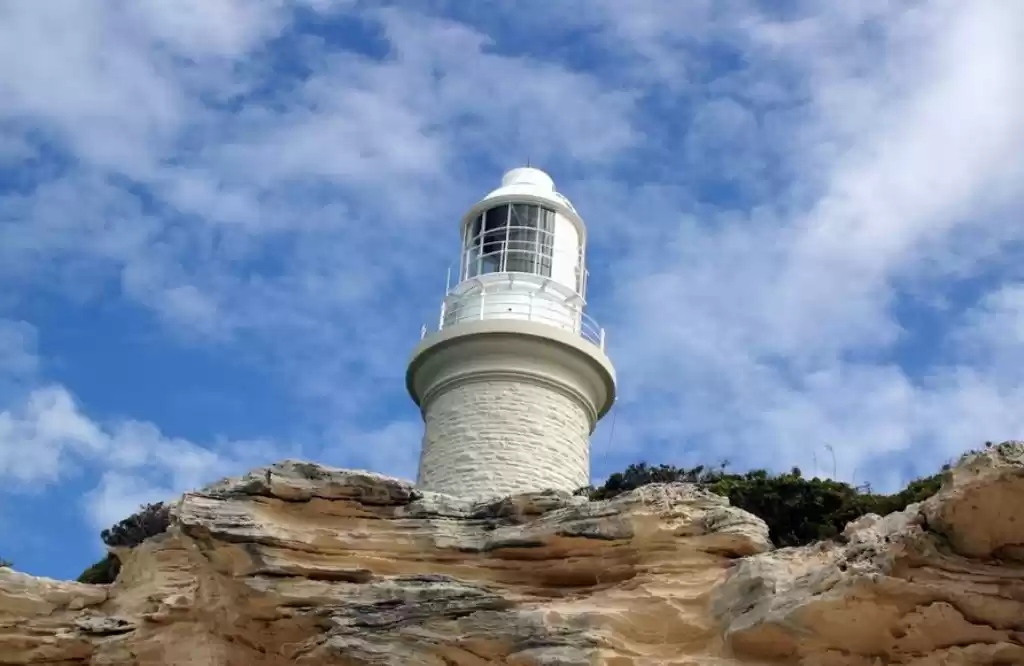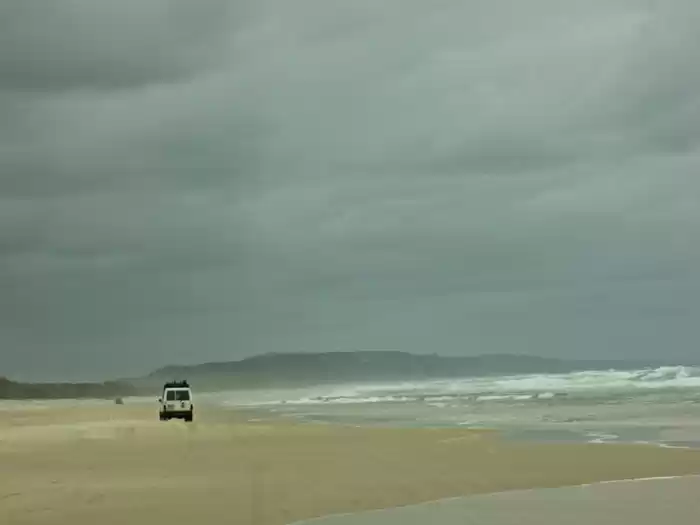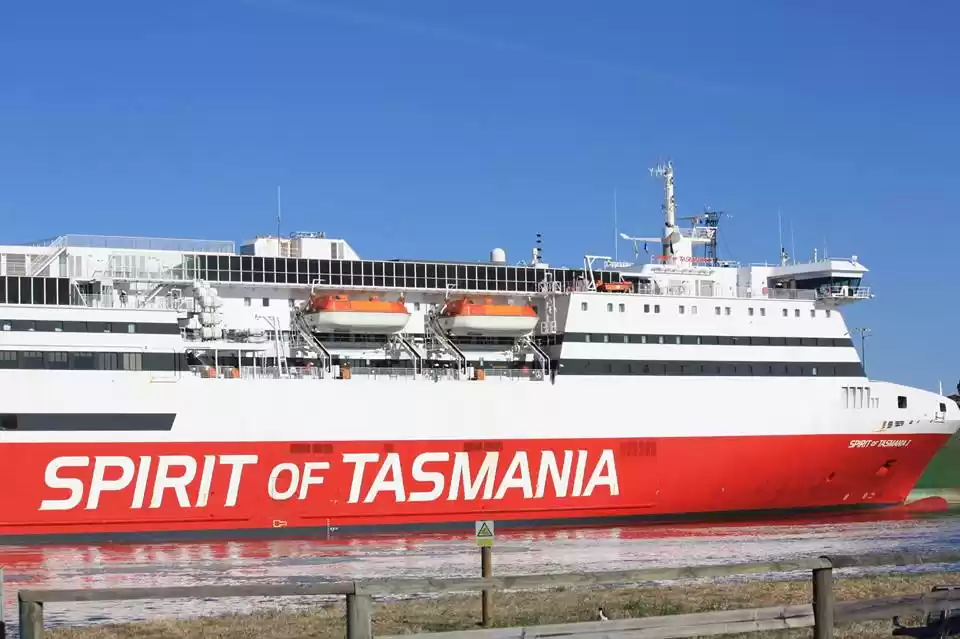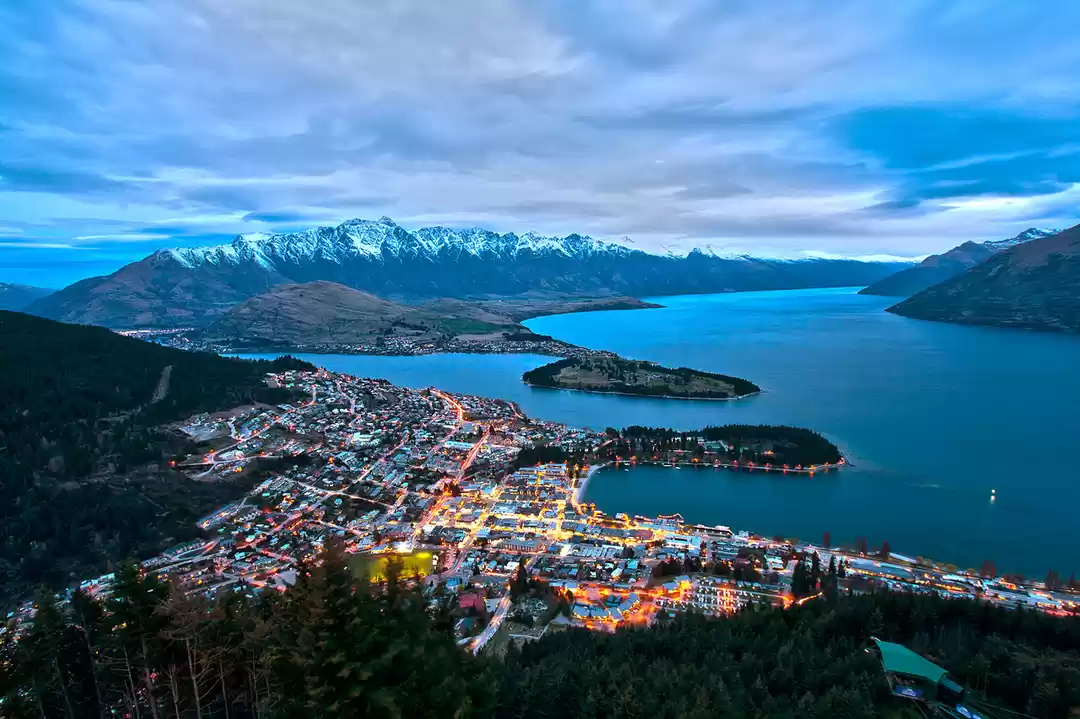Rottnest Island Tourism and Travel Guide
Rottnest Island (known as Wadjemup to the local Noongar people, and otherwise colloquially known as Rotto) is an island off the coast of Western Australia, located 18 kilometres (11 mi) west of Fremantle. The island covers 19 square kilometres (7.3 sq mi) and is administered by the Rottnest Island Authority under a separate act of parliament. Rottnest is a popular holiday destination, and there are daily ferry services to Perth, the state's capital and largest city. It has a permanent population of around 100 people, with around 500,000 annual visitors (and up to 15,000 visitors during peak periods).A sandy, low-lying island formed on a base of limestone, Rottnest is an A-class reserve, the highest level of protection afforded to public land. A number of native and introduced bird species nest near the shallow salt lakes in the island's interior, and Rottnest has consequently been designated an Important Bird Area. The island also includes three endemic tree species, notably the Rottnest Island pine, and was heavily forested before settlement. Rottnest is perhaps best known for its population of quokkas, a small native marsupial found in very few other locations. The island also includes colonies of Australian sea lions and southern fur seals.Along with several other islands, Rottnest was separated from the mainland around 7,000 years ago, when sea levels rose. Human artefacts have been found on the island dating back at least 30,000 years, and the island is called Wadjemup by the Noongar people. Dutch sailors landed there on several occasions during the 17th century, by which time it was uninhabited. The island was named by Willem de Vlamingh in 1696, who called it Rotte nest ('rat's nest') after the quokka population. Since the establishment of the Swan River Colony by British settlers in 1829, the island has variously hosted a penal colony, military installations, and internment camps for enemy aliens. Many of the island's buildings date from the colonial period, often made from locally quarried limestone, and are now used as accommodation for holiday-makers.

